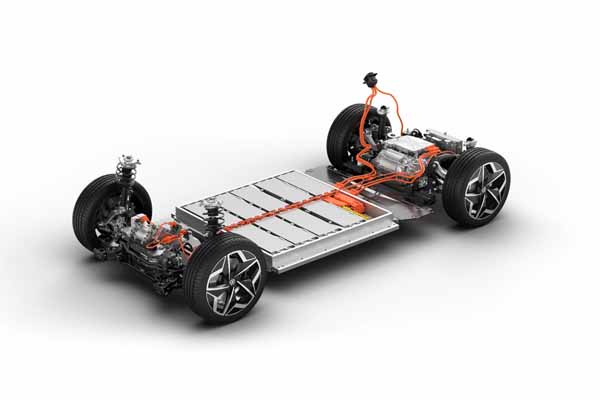As the world continues to inch perilously close to climate change-induced catastrophe electric vehicles have emerged as a stopgap solution. I say stopgap because of the EV industry, and along with it, many technologies that drive it are admittedly in the nascent stage. Such nascency implies that there is a humongous scope for further development and improvement. This is 100 percent true for not only the Indian electric vehicle market but also for the global industry. Now, one may understandably wonder “Which aspect of the sector offers the potential for advancement?” In one word, everything. However, for the sake of brevity, I will focus on just one facet: battery technology.
India is, slowly but steadily, embracing electric vehicles. The government too continues to do its bit, encouraging the mass adoption of EVs in India via evolving policies, incentives, etc. In alignment with the national electric mobility goals, states too have set their individual lofty goals in the context of transition to EVs. As appreciable as all these varied efforts are, the fact remains that the realisation of these many goals is impeded by range anxiety, and lack of EV charging infrastructure. The ‘Brahmastra’ against these challenges is found in the unassuming EV battery or EV battery technologies, to be precise.
The first-ever EV battery technology, nickel metal hydride, emerged in Japan, of course. Suffice it to say that we have more than just ample progress since then, making way for better-performing and affordable battery technologies. While these technologies have sufficed thus far, to truly facilitate the widespread adoption of electric vehicles (EVs) in India and the world, of course, more efficient and affordable battery solutions that offer better range are an absolute must. Now, we cannot be sure what the future holds but when it comes to EV battery technologies, we can gauge what to expect based on the following emerging technologies:
Solid state
Solid-state batteries are essentially the next stage of lithium-ion and lithium-polymer battery systems. Instead of the typical liquid or polymer gel electrolyte used in lithium-ion or lithium-polymer batteries, solid-state cells employ solid electrodes and solid electrolytes, offering lower charging time, better energy density, more stability, and safety.
Sodium-ion
Sodium-ion batteries (SIBs) are also gaining traction as an alternative to lithium-ion batteries (LIBs) since the former offers ample energy storage and is low cost as well. What’s more, is that sodium is abundantly available in nature, and SIBs offer immense potential as a replacement for lithium-ion batteries.
Lithium-sulphur
Lithium-sulphur batteries (Li/S) include a lithium anode and a sulphur-carbon cathode. Theoretically, such batteries offer a higher energy density and lower cost as compared to LIBs. NASA has invested in solid-state Li/S batteries to power space exploration, and Oxis Energy, a UK-based lithium-sulphur battery developer, is also working to commercialise Li/S batteries.
Aluminium-ion
Aluminum-ion batteries are similar to LIBs albeit with an aluminum anode. They promise increased safety, significantly reduced charging times, and a decreased cost over LIBs. With that being said, I must caution that research into this technology is just starting so it may be a while till it becomes commercially available.
Metal-air
Metal-air batteries, made using a metal foil, comprise an open cell structure with a zinc/Li electrode on one side and an oxygen electrode on the other side. These offer higher specific energy and better lifecycle and need lower maintenance.
There is no doubt that the future of EV batteries is bright. So, as demands, technologies, and battery chemistries evolve, one can rest assured that the production costs, safety, and performance will improve as well. I am truly excited to see what the future holds. What about you?
About the author:

Samkit Shah is the co-founder of Jitendra New EV Tech, one of the leading EV brands in India. He is responsible for managing finances and marketing.














